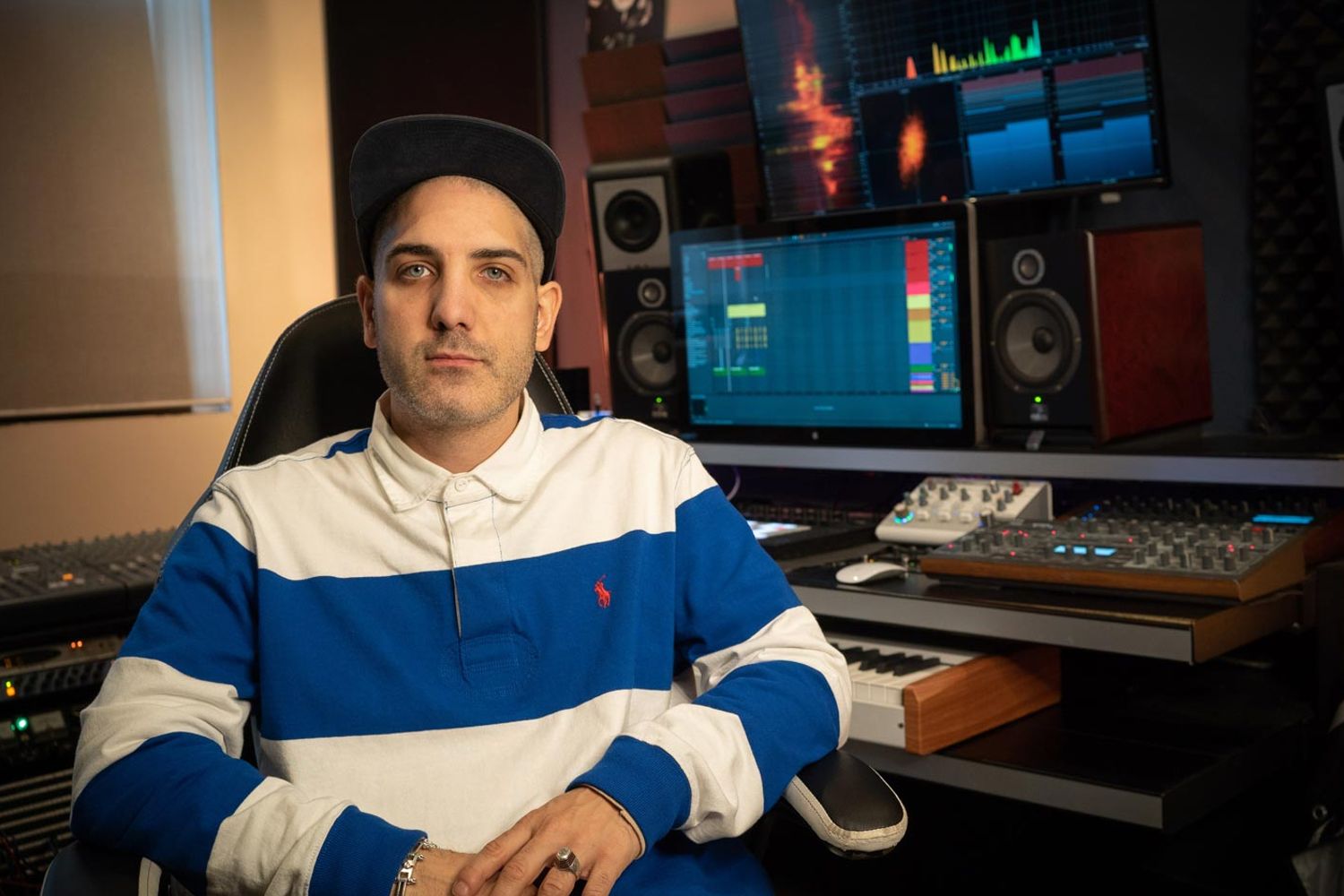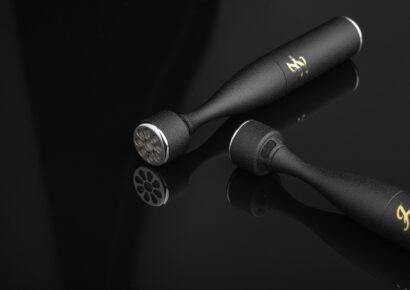In the shadow of Melbourne’s inner city, the suburb Collingwood has long been at the heart of Melbourne’s music scene.
Collingwood home to radio stations 3PBS and 3CR, iconic venues, such as the Tote, The Bendigo and the Gasometer, and many recording studios. In amongst it all lies Plasma Lab. A recording studio, live venue, education facility and record label, keen to leave its mark on Collingwood’s storied history. Plasma Lab is run by international producer, DJ and mix/mastering engineer, Ben Finocchiaro, aka Ben Safire.
Read all the latest features, columns and more here.
A music industry veteran, Ben’s resume includes in an impressive list of international performances, including; London, Manchester, Bristol, Berlin, Tokyo, Hong Kong, Amsterdam & more. Additionally, he has presented masterclasses at Abbey Road Institute, SAE, Official Ableton User Groups and R-Lounge, Tokyo. Under the Ben Safire moniker, he has some 40+ releases. Ben has just completed works, augmenting the existing recording studio, to open a live venue: Plasma Lab Bunker. I sat down with Ben to talk about his projects and methods as a music producer.
Ben has created a downloadable pack: SAFIRE / LIVE 12 / MELD X ROAR / RACK BASS PRESETS. Click here to download!
Ben Safire
I ask Ben about his journey so far. “I started off as a producer. I’ve been doing it for about 20 years now, writing drum and bass, hip hop, beats, for all kinds of different vocalists, in addition to my own projects. In the last 10 years, I moved towards mixing and mastering. Now I work pretty much full time in my studio, mixing and mastering.” Ben continues, “The venue opened a year ago, in fact, we’ve got our first birthday this weekend. We’ve had international artists and the 180 capacity is really good for sideshows. After all this, I’m trying to get back to my own production again. I mean, that’s where it all stemmed from, so, it’s time to go back to the source.”
Our conversation turns to the studio side of Plasma Labs, Ben explains “There’s a studio behind the venue, and the studio connects into the venue which doubles as a live room, so we can record live acts as well. Anything from vocals only to full microphone set ups. We also have cameras and video coming into the studio, which means we can record live performances as well.”
Ableton Live 12
Perhaps unusually, for the audio recording side of the studio, Ben states Plasma Labs relies on Ableton Live as the main DAW (Digital Audio Workstation). Ableton is often more associated with laptop production so the choice is interesting. He combines Live with hardware, as well as other software tools, for a complete suite of production tools. For clients, he often relies on software exclusively to ensure quick revisions are possible. Ben was a beta tester for Ableton Live 12, so we spoke about the new version and how it has impacted his workflow. “It took me a little bit of time to get going with it but, the last month or two, I’ve really been getting into it.” Referring to Live’s new generative/AI midi features, Ben continues, “The MIDI functions are probably what’s changed the workflow the most. All the stuff that they’ve added into the piano roll; anything from the generators through to the transformers, all the key locking stuff. In terms of workflow, it has definitely changed it quite a bit. Also, I really like the LFO MIDI effects, in the sense that you can put them on anything. It makes Live like a modular synth setup now.”
We talk about the new instruments and effects in Live 12, “I’ve been using Meld (Ableton’s new bi-timbral synth) quite a bit.” I expressed that I found it daunting at first but Ben’s sound design experience, “I’ve released sound packs over the years for various synths”, made it easy for him to get acquainted. “I find that in combination with Roar (the new multi-band saturation/distortion effect), Meld gives me almost everything I need. Whereas, before, I needed to stack up a lot more plugins to make a sound work”. We discuss Roar further, “Roar is capable of sonic destruction or subtle enhancement. Bass sound design is what I specialise in. With Roar and Meld together, I can get good results quickly.” Rather than obsess over the infinite minutiae of tweaking complex synths, Ben values the speed and accessibility of an instrument like Meld, “If you can get something sounding good from a few tools, it really doesn’t matter what you use and how it’s created. All you want to do is get the result, that’s the most important thing. I think Ableton have always been good at that, because they’ve simplified things. Things don’t have to be complex. Using the ears wisely, it’s the best skill you can have.”
We discuss the culture around sound design and production. Specifically, the need for producers to be tweaking every last parameter for a sound or mix, or be forever deemed a preset-surfer. “I went through phases, where I thought that I had to program everything. I put pressure on myself to create the best thing. Since then, I’ve taken a little bit of a step back and go in more lightly and enjoy the process.” Ben’s approach remains flexible, however, when working with clients, “There’s definitely some engineers and producers out there that are super ‘techie’. We’ll nerd out with stuff deeply, but not everyone has to be like that. At the end of the day, it should be for everyone to have fun.” He states, “The skill is in how you control everything and bring it together. It doesn’t matter how easy the (software and hardware) companies make it for you, the best producers will always be the best.” On a roll, Ben continues, “I think that’s the really underrated aspect of production. Knowing when a sound is going to work. Knowing what will work against a sound. How sounds compliment each other.”
He concludes “At the end of the day, the people on the dance floor don’t really care how the music was produced. They just want to have fun and dance. And, you know, as producers, sometimes we have to step out of that production mindset. I know it’s hard, because we’re looking at all these numbers and dials, but, sometimes you have to remind yourself that people just want to hear great music.”
Keep up with Plasma Lab here. Continue reading about Ableton Live 12 here. Ben has also created some downloadable content for you here!

